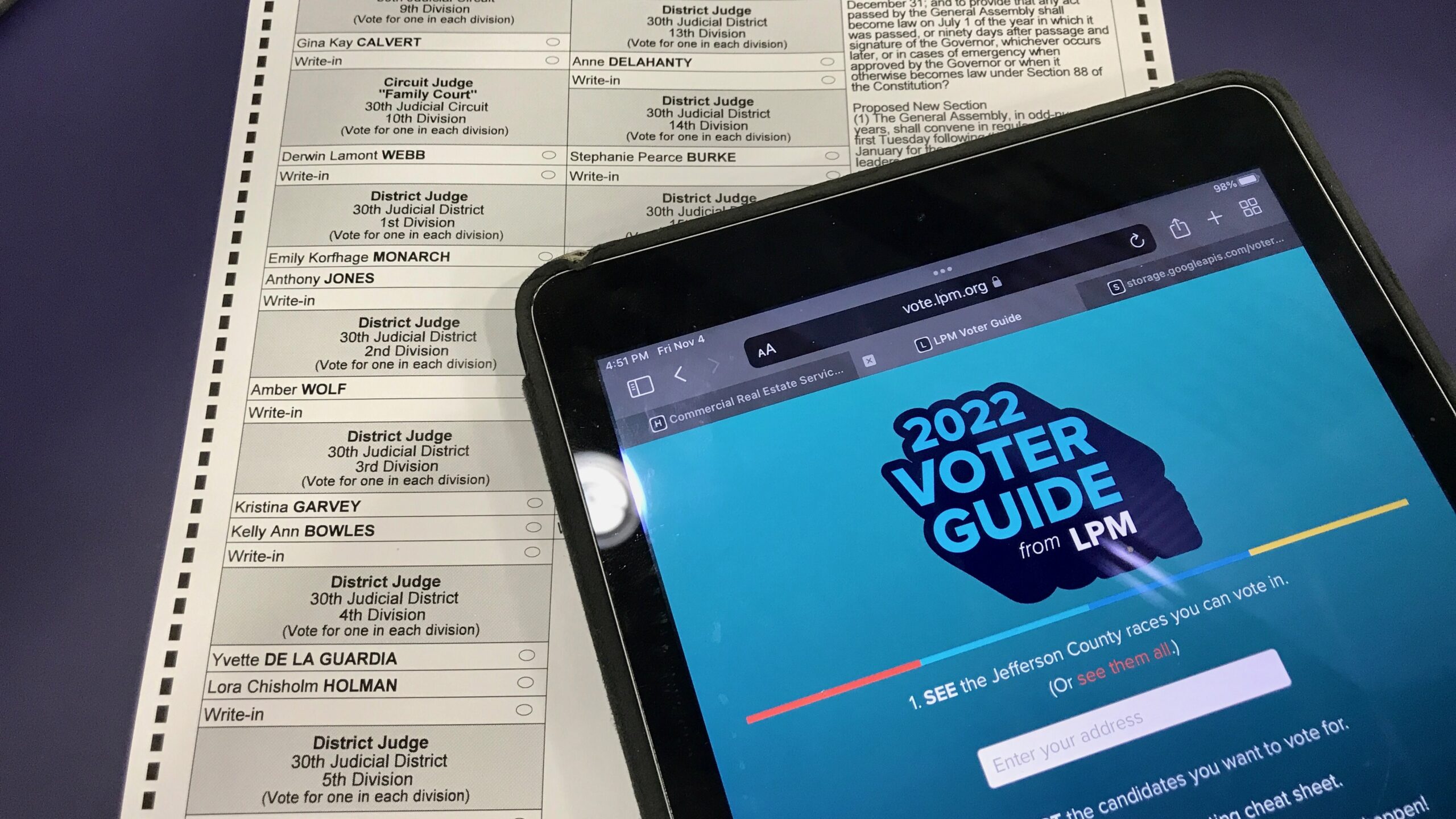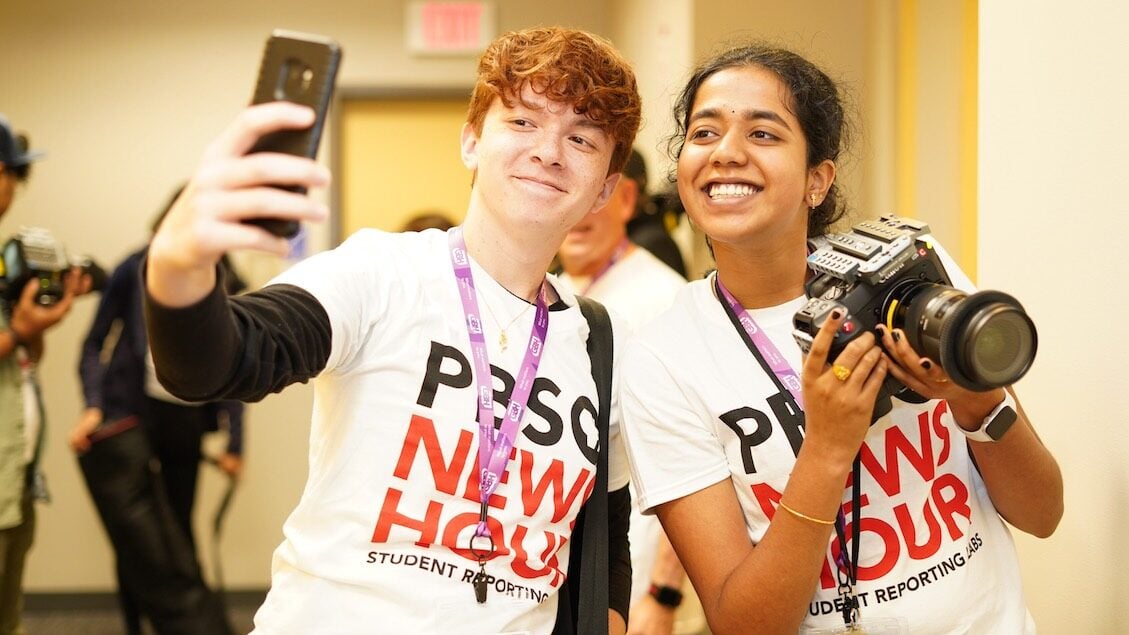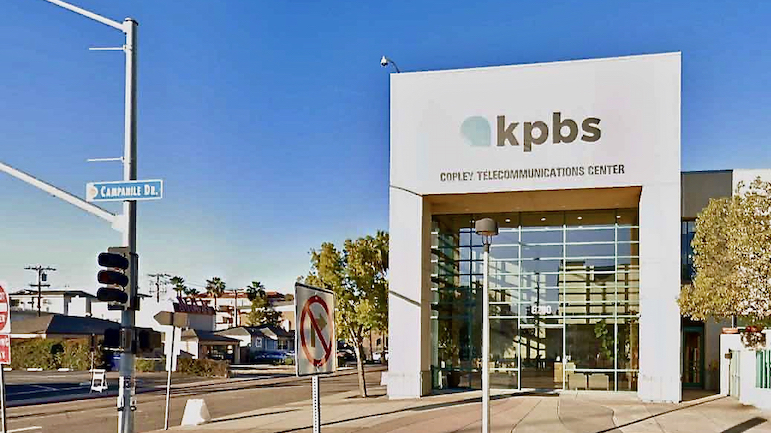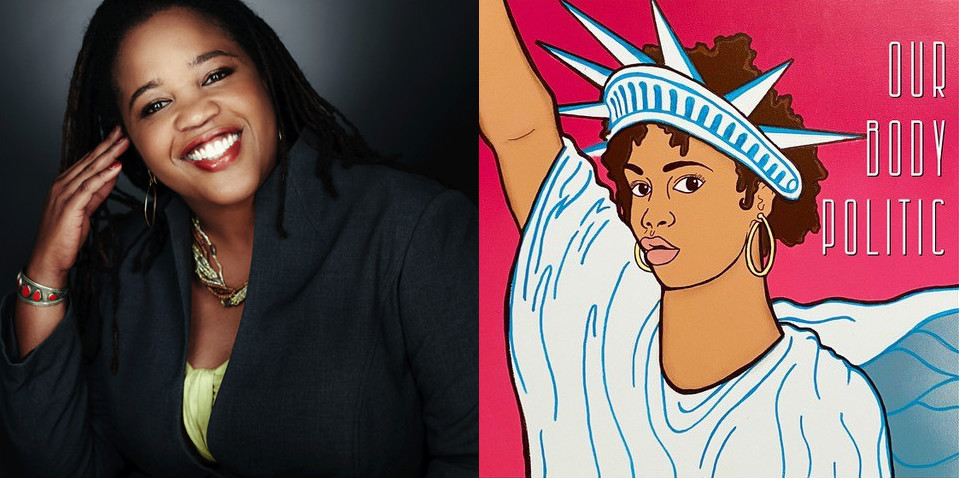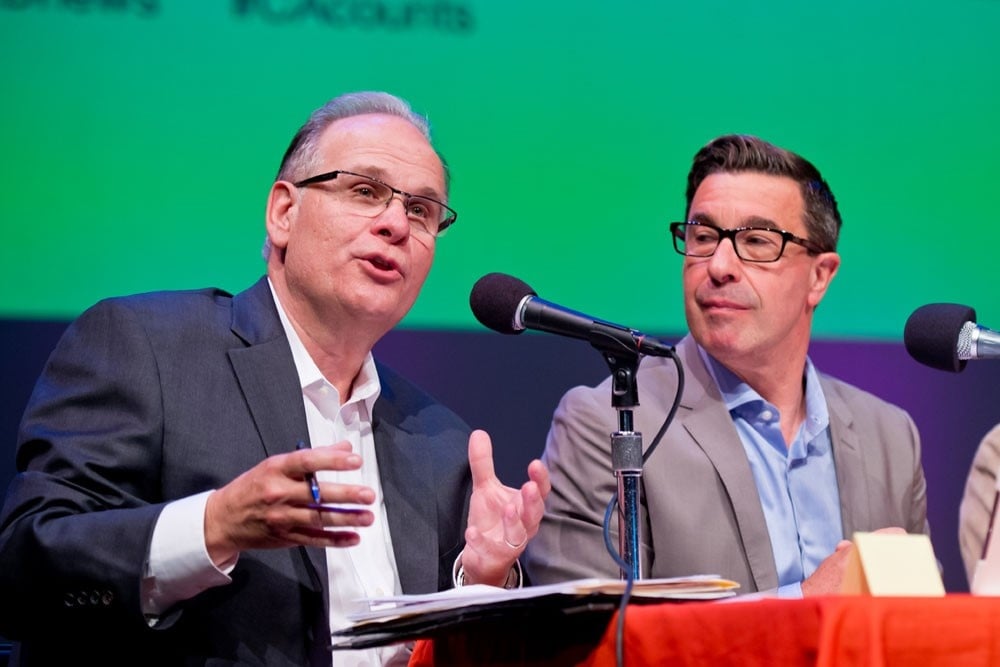Tag: Election coverage
Kentucky Public Radio’s recipe for a statewide voter guide success
It takes some planning to create a voter guide that geolocates users, but the payoff is entirely worth it.How students are bringing new perspectives to 2024 election coverage
“On Our Minds: Election 2024,” a special podcast from PBS NewsHour Student Reporting Labs, spotlights young people’s views on issues that impact ...America Amplified focuses 2024 election project on underserved communities
CPB provided a $1.5 million grant backing expansion to newsrooms in all 50 states.How KPBS expanded its reach to San Diego’s Latino communities
A five-month sprint to deliver Spanish-language election content embraced community partnerships and social media promotion.What America Amplified learned about engagement during the midterm elections
America Amplified's focus on the mechanics of voting highlighted the challenges of reaching beyond public media's current audiences.With ‘Our Body Politic,’ Farai Chideya opens a new conversation about American politics
By centering its coverage on women of color, the radio show and podcast digs deep to bring new voices and perspectives to ...How crowdsourced questions fueled election coverage for California stations
Partners in the multimedia project used social media marketing and a variety of digital tools to get a broad cross-section of voters ...WNYC and ProPublica join collaboration to monitor, report on voter access
More than two dozen public radio stations will also participate.Convention coverage sparks comments from listeners, public TV stations
The executives' displeasure prompted a response from WETA, home to NewsHour.Hinojosa explores civic life in town where multiculturalism is the norm
America By The Numbers, a PBS election special produced by Maria Hinojosa, looks at the demographic shifts found in U.S. Census data, focusing on ...NewsHour gives party conventions 18 hours, assigns female anchor team
With the NewsHour's Gwen Ifill and Judy Woodruff stepping into co-anchor roles for PBS’s coverage of the Republican National Convention in Tampa, producers ...Late date seals fate of Oregon Public Broadcasting’s debate
When three unlikely partners — a conservative newspaper in the nation’s capital, a blue-state Republican organization and a public broadcasting station in ...This time we let our listeners hear directly from candidates
In fall 1992, a number of public broadcasting’s gatekeepers opened their gates to give candidates unedited, unmediated “free time” to talk with ...Advocates of free time for candidates are many — those who try it are few
Though the 1988 campaign prompted many calls for television networks to let candidates talk directly to the voters, candidates again this season ...The Voters’ Channel: A Feasibility Study, 1990
The Markle Foundation, then a major backer of public TV, proposed in 1990 that PBS develop the Voters’ Channel, a project planned ...


